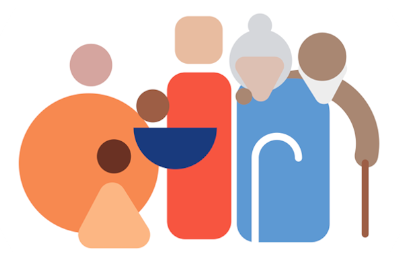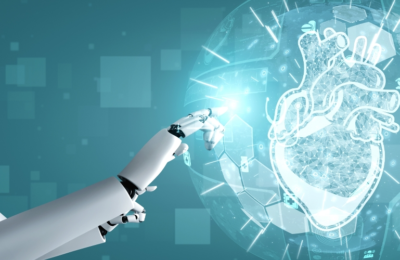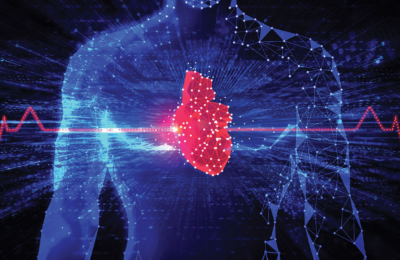In the clinical community, preparing patients to be fit for surgery and rehabilitation generates a win-win situation for: i) payers in terms of healthcare cost savings, ii) patients in terms of health outcome and iii) clinicians in terms of workload, due to optimized speed of recovery and minimized chance of complications. In sports practice, preparing athletes to be fit for sport competition and recovery is a complex challenge, which requires insight into the fitness, recovery and psychological status of the individual.
Inno4Health aims to stimulate innovation in continuous health and fitness monitoring to inform patients and their treating physician regarding the readiness associated with surgery and the ability to recover rapidly from invasive treatment. In sports, the same technology will be used to continuously assess fitness and health to provide information to athletes and their coaches and to help them optimize performance during competitions. Inno4Health will be a pioneer in the area of comprehensive data capturing and interpretation outside the hospital walls and training field. Inno4Health will foster advances in sensing technologies, emerging IoT communication capabilities and artificial intelligence for embedded data interpretation and user analytics.
Inno4Health will create innovative design for wearable sensors (in-soles, shirts, plasters) that address usability needs of both patients and athletes. Wearable products (commercially available or investigational research prototypes) will be included in a device ecosystem to enable data collection in healthcare and sports use cases. AI technology will be used to develop algorithms for performance, fitness and health assessment that could be optimized locally at the user-level or scaled up to populations of patients and athletes. Ultimately, domain-dependent professional dashboards and AI-centred applications will be created to generate guidance for health and fitness improvement programs.
Inno4Health is working on several use cases from different countries with specific requirements. SRDC is leading the architecture design of the Inno4Health project which will serve as the reference for software development so that all requirements of the use cases can be met. The architecture design will cover the data interoperability, AI/ML, security & privacy and the deployment architecture with different options and suggestions for technology development. In addition to the architecture design, SRDC will contribute to the secure data interoperability layer of the project by providing a secure and highly scalable HL7 FHIR Repository (https://onfhir.io) and utilize the Data Curation Tool to transform healthcare and sports data to an international standard such as HL7 FHIR. Once available data is transformed into HL7 FHIR, all Inno4Health components can interact through the same data model with same code systems which achieves a great level of interoperability.
| 1. | Philips Research | Netherlands |
| 2. | Eindhoven University of Technology | Netherlands |
| 3. | IMEC | Netherlands |
| 4. | MSB De Medici | Netherlands |
| 5. | PSV Eindhoven | Netherlands |
| 6. | Sportbizz | Netherlands |
| 7. | St Anne Hospital | Netherlands |
| 8. | Thunderbyte AI | Netherlands |
| 9. | TNO | Netherlands |
| 10. | Karel Electronics | Turkey |
| 11. | SRDC | Turkey |
| 12. | ForteArGe Informatics | Turkey |
| 13. | Teknasyon | Turkey |
| 14. | Turkcell Technology | Turkey |
| 15. | Kinduct | Canada |
| 16. | Rideshark | Canada |
| 17. | XCO Tech | Canada |
| 18. | Kaunas University | Lithuania |
| 19. | Lipse | Lithuania |
| 20. | Lithuanian Sports University | Lithuania |
| 21. | Optitecha | Lithuania |
| 22. | ISEP | Portugal |
| 23. | University of Porto | Portugal |
| 24. | Wiseware | Portugal |
| 25. | Beia Consult | Romania |
| 26. | UMF Iasi | Romania |









